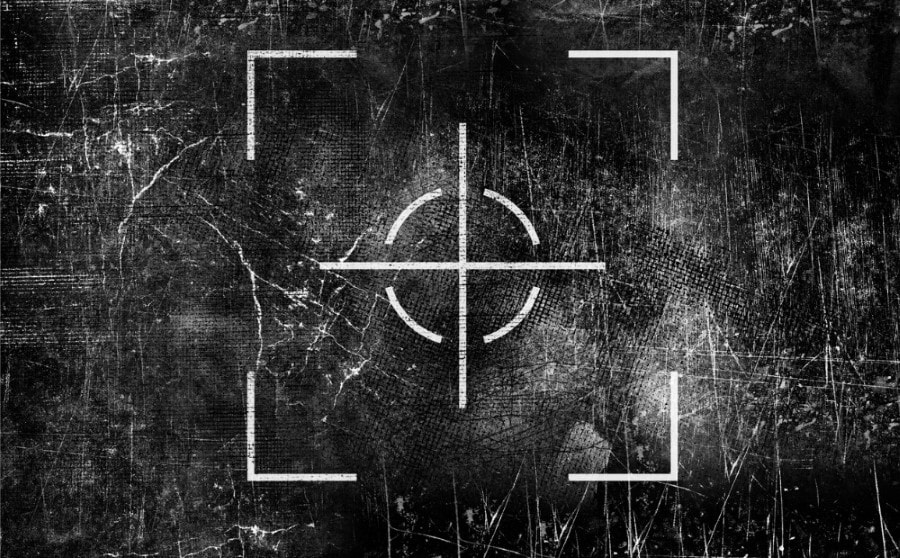
The IDF has long focused on Iran as a strategic adversary, compiling a growing list of potential targets for attack. In recent years, Israel stepped up intel collection to identify more Iranian assets, as the IDF prepared for a direct clash with Tehran.
The Israeli Air Force may soon put these plans into action as the IDF gears for significant retaliation following Iran’s latest missile assault.
Targets considered by Israel for attack in Iran include high-value economic assets such as oil and gas facilities, N12 News reported. The IDF is also looking at high-profile government sites, including the Iranian presidential complex and the compound hosting the office of Supreme Leader Khamenei, the report said.
Other options include IRGC command centers as well as Iranian missile bases, N12 added, particularly those used as launchpads for attacks on Israel.
Notably, Israel has a wide range of additional options to choose from as it seeks to inflict significant damage to Iran. Some reports indicate that the IDF plans harsh retaliation but wishes to avoid a full-scale war.
If a decision is made to focus on military targets, Israel’s planners may decide to hit facilities linked to advanced weaponry, including drone and missile technology. Another attractive possibility would be a wide-scale airstrike to neutralize some of Iran’s key air defense sites.
Navy unit collects Iran intel
The IDF significantly boosted the number and quality of targets for attack inside Iran, a senior officer revealed previously. This increase came after Israel stepped up efforts to collect intel on Iran around 2021-2022.
The army also established a branch focused on operational plans against the Iranians, said Brig. Gen. Amit Saar, the IDF’s intelligence research chief.
The military intel directorate is investing extensive efforts to prepare for a direct conflict with Iran, he told Walla News. These efforts intensified further in the past year, including Air Force preparations to strike inside Iran.
The army uses diverse means to collect high-value intel on Iran, including a specialized Navy unit deployed in remote locations, Walla said earlier. Unit 663 operates near hostile shores via warships and submarines, employs Farsi experts, and works with Mossad, the report said.
The IDF also monitors Iranian activities from a secret military base in Israel, with a focus on Tehran’s nuclear project. Teams of intel researchers and analysts with diverse areas of expertise are deployed at the base to keep a close watch on Iran’s clandestine activities. [Here’s the full report on this top secret facility]
By now, Israel has built a large intelligence file on Iran’s nuclear facilities. However, most observers indicate that the IDF will not attack nuclear sites at this time, especially as the US appears to object to this type of operation. Still, a surprising Israeli move on this front is always a possibility.
Tehran’s nuclear status
The Iranians can quickly shift to weapons-grade uranium enrichment to 90%, Brig. Gen. Amit said in an earlier interview with Israel Hayom daily. Tehran has fully mastered the enrichment process and a nuclear breakout is only a matter of decision, he warned.
While Iran is only weeks away from producing enough nuclear material for a bomb, if it chooses, building it and fitting it on a missile would take another two years, he said.
Saar’s remarks come as Israel quietly advances its plans and preparations for a military strike on Iran.
An assault on Iranian nuclear sites will consist of more than just airstrikes, a high-ranking officer previously told Ynet. The report hinted that the IDF will also engage in cyber operations to support kinetic strikes.


